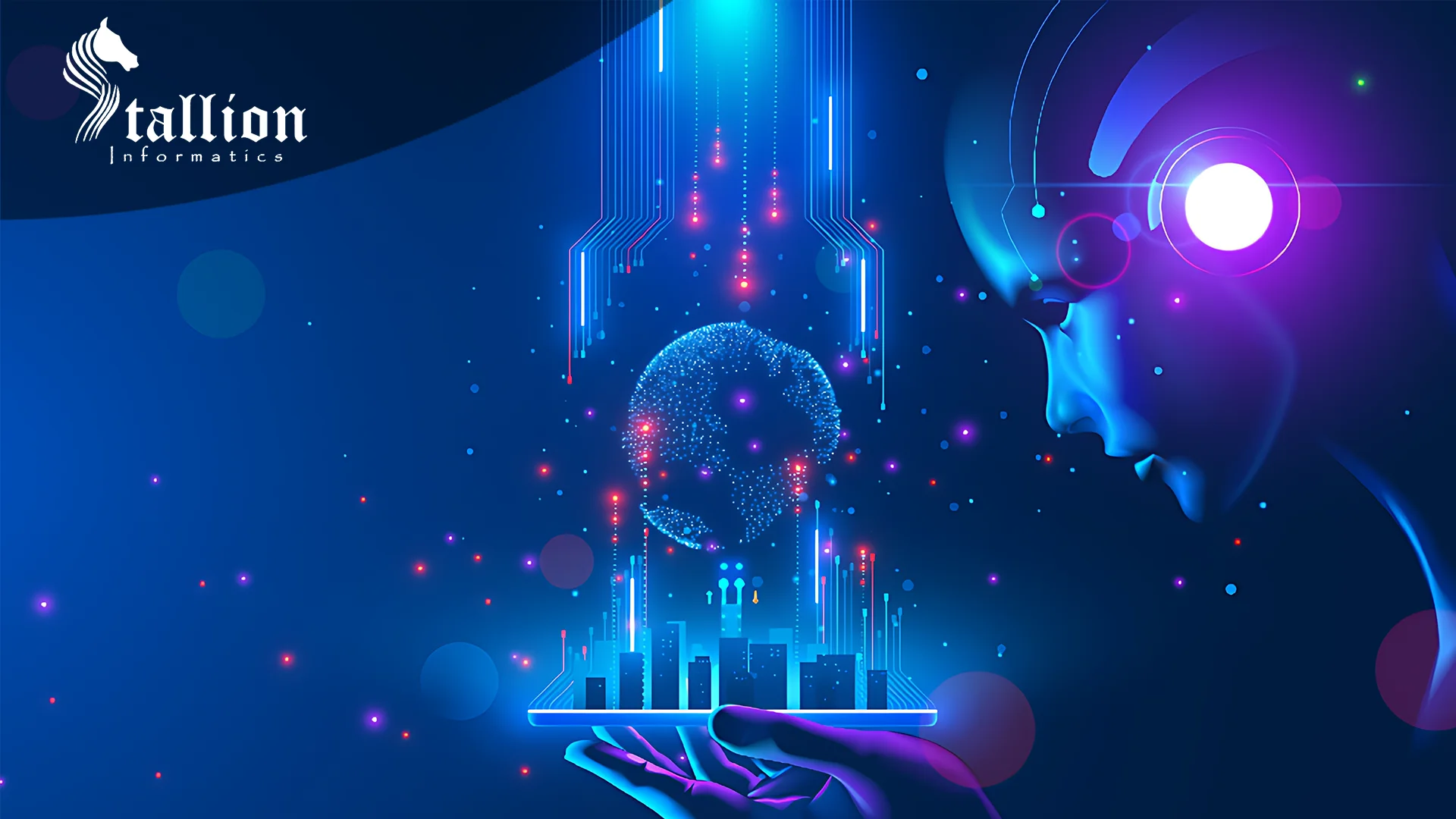Generative AI is reshaping business operations in profound ways. Unlike traditional AI, which focuses on analyzing and processing data, generative AI creates new solutions, content, and strategies by learning from vast amounts of data. This transformative technology is revolutionizing industries by automating tasks, improving decision-making, and fostering innovation. In this blog, we will explore how generative AI is transform business operations, driving efficiency, and helping companies thrive in an increasingly competitive world.
1. Streamlining Content Creation with Generative AI
Content creation, whether for blogs, marketing materials, or social media posts, has traditionally been time-consuming. Generative AI is transforming content creation, enabling businesses to generate high-quality, relevant content quickly and at scale. AI tools can craft personalized text, create engaging visuals, and even produce videos that resonate with target audiences, all while reducing manual effort and ensuring brand consistency. This shift leads to better content delivery with minimal labor, enhancing overall productivity.
2. Driving Product Design and Innovation
One of the most exciting aspects of generative AI in business operations is its impact on product design. By leveraging advanced algorithms, AI can analyze market trends, customer preferences, and product data to generate innovative ideas or product modifications. This allows businesses to reduce development time and bring new products to market more swiftly. AI-powered 3D modeling and prototyping also enable faster conceptualization of ideas, which helps design teams visualize new products efficiently
3. Enhancing Customer Service with AI-Powered Assistance
Generative AI is transforming customer service operations, offering businesses the ability to provide personalized and efficient service. AI-powered chatbots and virtual assistants are capable of handling a wide range of customer queries, improving response times, and providing tailored solutions. By automating routine tasks, AI frees up human agents to focus on complex issues, ultimately leading to better customer satisfaction and cost reduction. Generative AI is improving customer service, ensuring businesses remain responsive and customer-centric.
4. Boosting Decision-Making with Data Insights
In today’s fast-paced business environment, data-driven decision-making is essential. Generative AI in business operations enhances decision-making by analyzing vast amounts of data and producing actionable insights. AI models can help companies identify trends, predict market behavior, and optimize strategies. These insights enable businesses to minimize risks, increase profitability, and stay ahead of competitors in a rapidly changing market landscape.
5. Automating Administrative Tasks for Enhanced Productivity
Administrative tasks like scheduling, invoice management, and email handling often consume valuable time and resources. Generative AI is automating these administrative duties, allowing employees to focus on more strategic and creative tasks. By reducing the need for manual intervention, AI enhances overall business productivity and reduces operational costs. This automation empowers teams to accomplish more with fewer resources, driving efficiency and boosting output.
6. Personalizing Marketing Campaigns at Scale
Generative AI is a game-changer in marketing, enabling businesses to create highly personalized campaigns. By analyzing customer data such as browsing habits, purchase history, and preferences, AI can generate tailored marketing materials, recommendations, and promotions. This level of personalization increases engagement, drives conversions, and helps companies connect more effectively with their audience. Generative AI in marketing allows for scalable, customized campaigns that deliver tangible results.
7. Optimizing Operational Efficiency with AI
Generative AI is optimizing operational efficiency by improving supply chain management, inventory control, and resource allocation. AI algorithms can predict demand fluctuations, optimize inventory levels, and suggest cost-effective methods for manufacturing and distribution. This results in better resource utilization, reduced waste, and enhanced overall efficiency. By leveraging AI to streamline operations, businesses can improve their bottom line and operate more sustainably.
8. Strengthening Cybersecurity with Generative AI
As cyber threats become more sophisticated, generative AI is enhancing cybersecurity by detecting potential vulnerabilities before they can cause harm. AI models continuously analyze data and recognize patterns to identify unusual activities that might indicate a breach. With the ability to detect and respond to threats in real-time, generative AI provides a proactive approach to protecting sensitive business data and ensuring the integrity of digital operations.
Conclusion: The Future of Business Operations with Generative AI
Generative AI is revolutionizing business operations by enhancing productivity, fostering innovation, and streamlining processes. From content creation to cybersecurity, this transformative technology is helping businesses across industries stay competitive in an ever-evolving market. As AI continues to evolve, its applications in business will expand, opening up new possibilities for growth and efficiency. Companies that embrace generative AI today will be well-positioned to thrive in the future.



